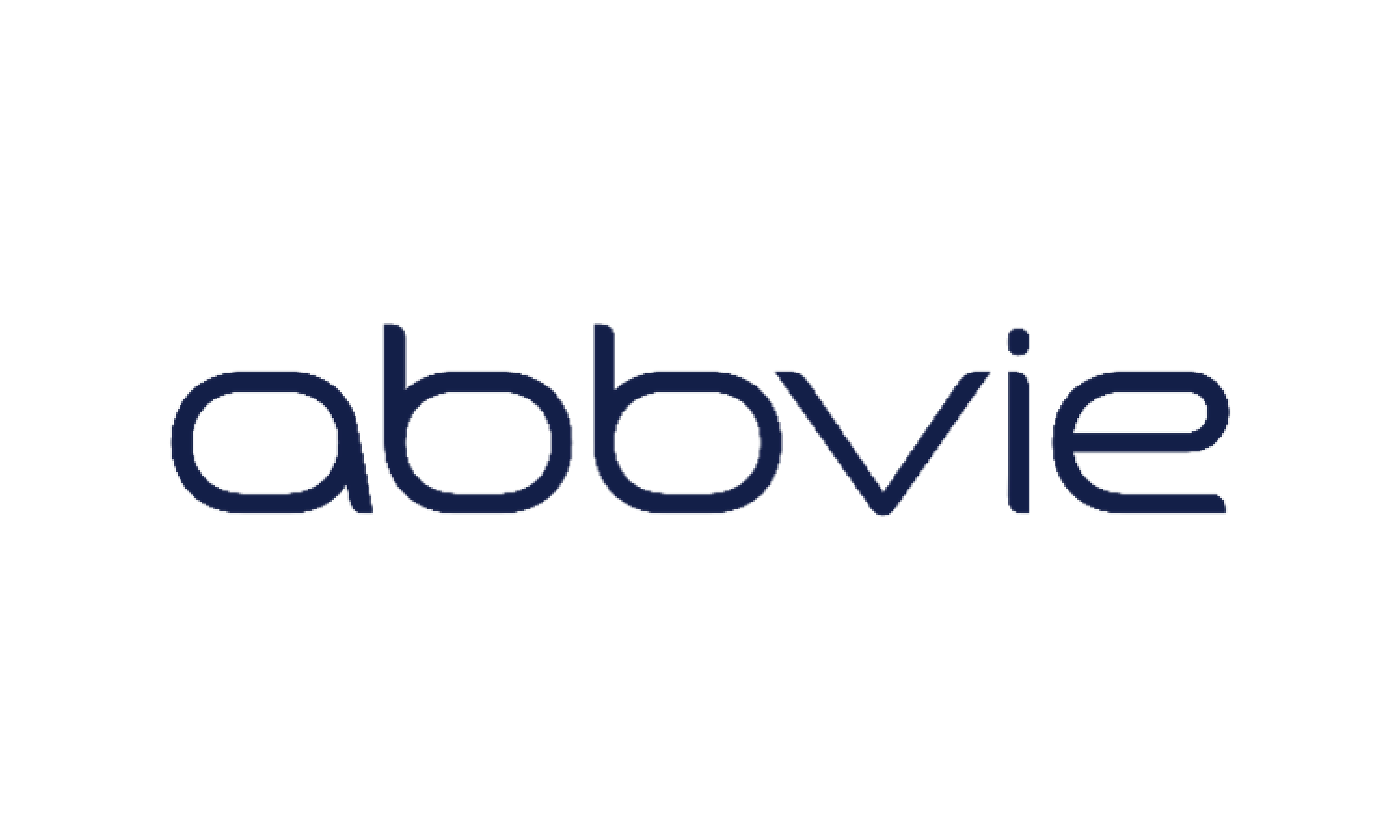Event
Spasticity MasterClass 1
This MasterClass is now fully booked for both in person and virtual attendance. To be placed on the waiting list for the next course please complete the application form.
This course is designed for healthcare professionals with a good knowledge of spasticity, its management and treatment optimisation who are looking to deepen their expertise and manage complex cases with confidence.
Our sponsors


This activity has been funded by sponsorship from Merz Therapeutics UK & Ireland and AbbVie Ltd. The sponsors have had no control over the organisation or educational content of this activity.
Location
Halifax Hall, Sheffield University Campus
Endcliffe Vale Road
Sheffield
S10 3ER
Course overview
This highly interactive MasterClass, designed for those with a solid grounding in spasticity assessment, treatment and management, digs deeply into complex management.
Promoting a whole-person approach throughout, you are invited to become a 'Spasticity Sherlock', and will examine complex cases in multi-disciplinary meeting-style group discussion.
The course delves deeply into physiology, assessment and goal setting, pharmacological and therapeutic management all unpicked through real-life examples. You will also gain insight into optimising transitioning across services, building a 'good' spasticity service, and future research trajectories.
Who is this for?
This course is designed for healthcare professionals with a good knowledge of spasticity, its management and treatment optimisation, who are looking to deepen their expertise and manage complex cases with confidence.
This might include:
consultants across neurology, rehabilitative medicine and allied health
specialist nurses and allied health professionals
specialist service providers
level 1 and 2 neurological rehabilitation service MDTs
How is the course taught?
The course is a mixture of interactive lectures, multidisciplinary round tables, and panel discussion, all with opportunity for questions and feedback built in.
The residential nature of the course allows for peer interaction and professional networking during refreshment breaks and the evening meal.
'Our aim at the Spasticity Academy is to raise the level of care that people experiencing spasticity have access to across the country, reducing inequalities and ensuring those providing spasticity services can do so with confidence, through a multidisciplinary approach.'
Dr Rachel Farrell, head Faculty
'Interesting and varied lectures, extremely useful to see how spasticity is managed from different perspectives.'
'I really enjoyed this course. It reinforced to me how important the patients' wishes and desires are and they are at the centre of the discussion and plans regarding their spasticity. Importance of ensuring we treat each patient holistically and within their personal context.'
'I think this course has very well covered the broad aspects of spasticity; not just the condition itself but also the wide range of health professionals required and their roles, functions and responsibilities'.
Delegate feedback from Spasticity Basics
Cost
In person attendance: The course will cost £300 incl. VAT*, which includes all meeting materials and subsistence. Delegates are responsible for their own accommodation and travel costs.
Virtual attendance: £240 incl. VAT*
*VAT is charged at the standard UK rate of 20%
Travel and accommodation
Delegates are responsible for their own accommodation and travel costs. Once you have completed the application form, should you require accommodation, you will be contacted with regard to payment.
If your require more information please don't hesitate to email us at events@neurologyacademy.org
Were you registered on this course?
Log in to access resources..
LoginOur sponsors


This activity has been funded by sponsorship from Merz Therapeutics UK & Ireland and AbbVie Ltd. The sponsors have had no control over the organisation or educational content of this activity.
CPD accreditation
Spasticity MasterClass 1' has been approved by the Federation of the Royal Colleges of Physicians of the United Kingdom for 10 category 1 (external) CPD credit(s).
Chair
 Dr Rachel Farrell
Dr Rachel FarrellConsultant neurologist, National Hospital, Queen Square
Speakers
 Dr Damon Hoad
Dr Damon HoadConsultant in rehabilitation medicine, Warwick Medical School
 Stephen Ashford
Stephen AshfordConsultant physiotherapist and hon. associate professor (reader) in rehabilitation, King’s College London
 Elizabeth Keenan
Elizabeth KeenanNurse consultant in neuro-disability, University College London Hospitals NHS Foundation Trust
 Wendy Hendrie
Wendy HendrieMS specialist physiotherapist, Norwich MS Centre
 Lynsay Duke
Lynsay DukeAssociate AHP director neurological and specialist services/ professional lead neuro occupational therapy, Walkergate Park Centre for Neurorehabilitation and Neuropsychiatry
Optimised education, compassionate care
Spasticity Academy seeks to address inconsistencies in service delivery and raise the level of care patients can access through improved awareness and understanding of spasticity across conditions.





